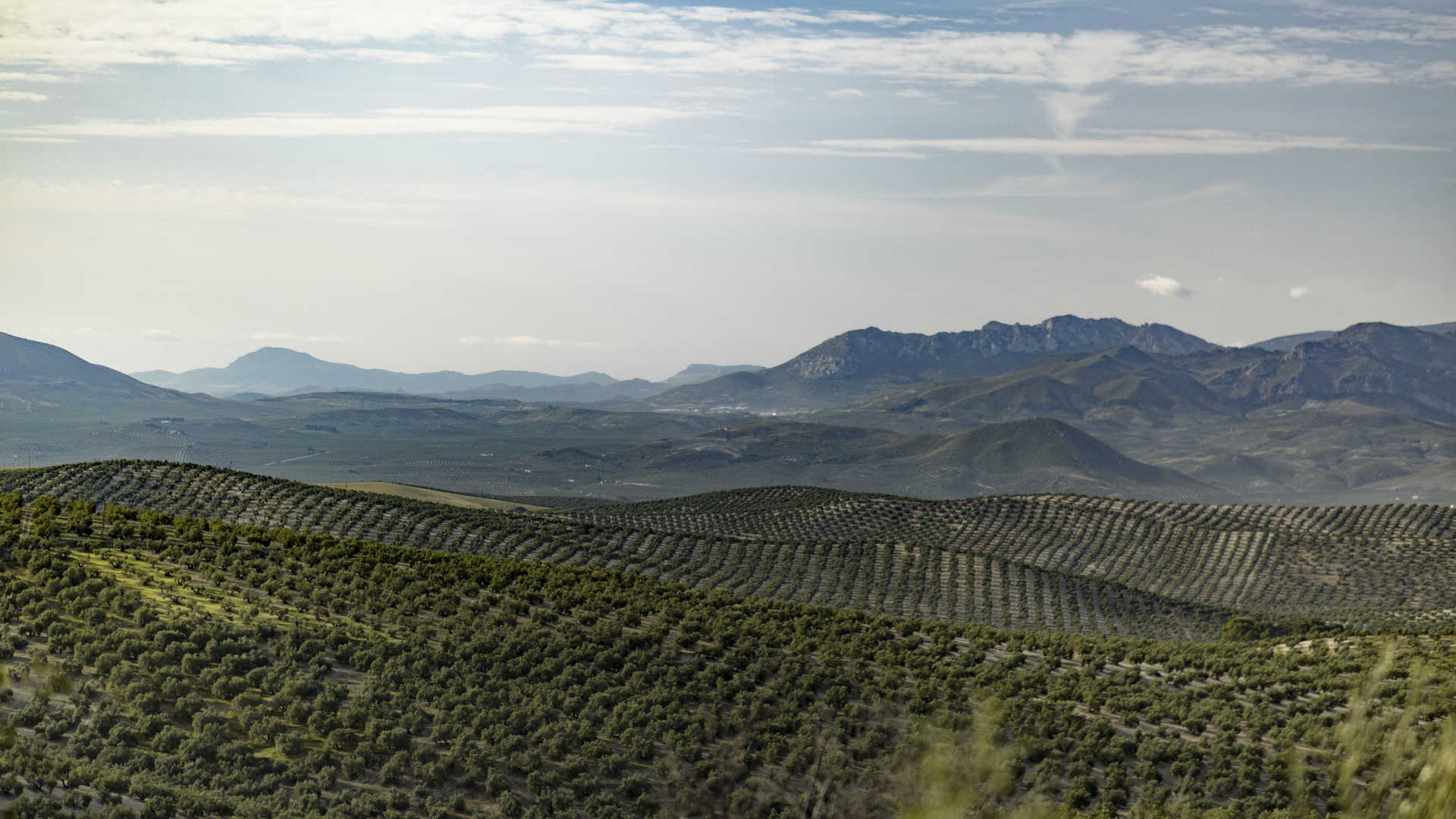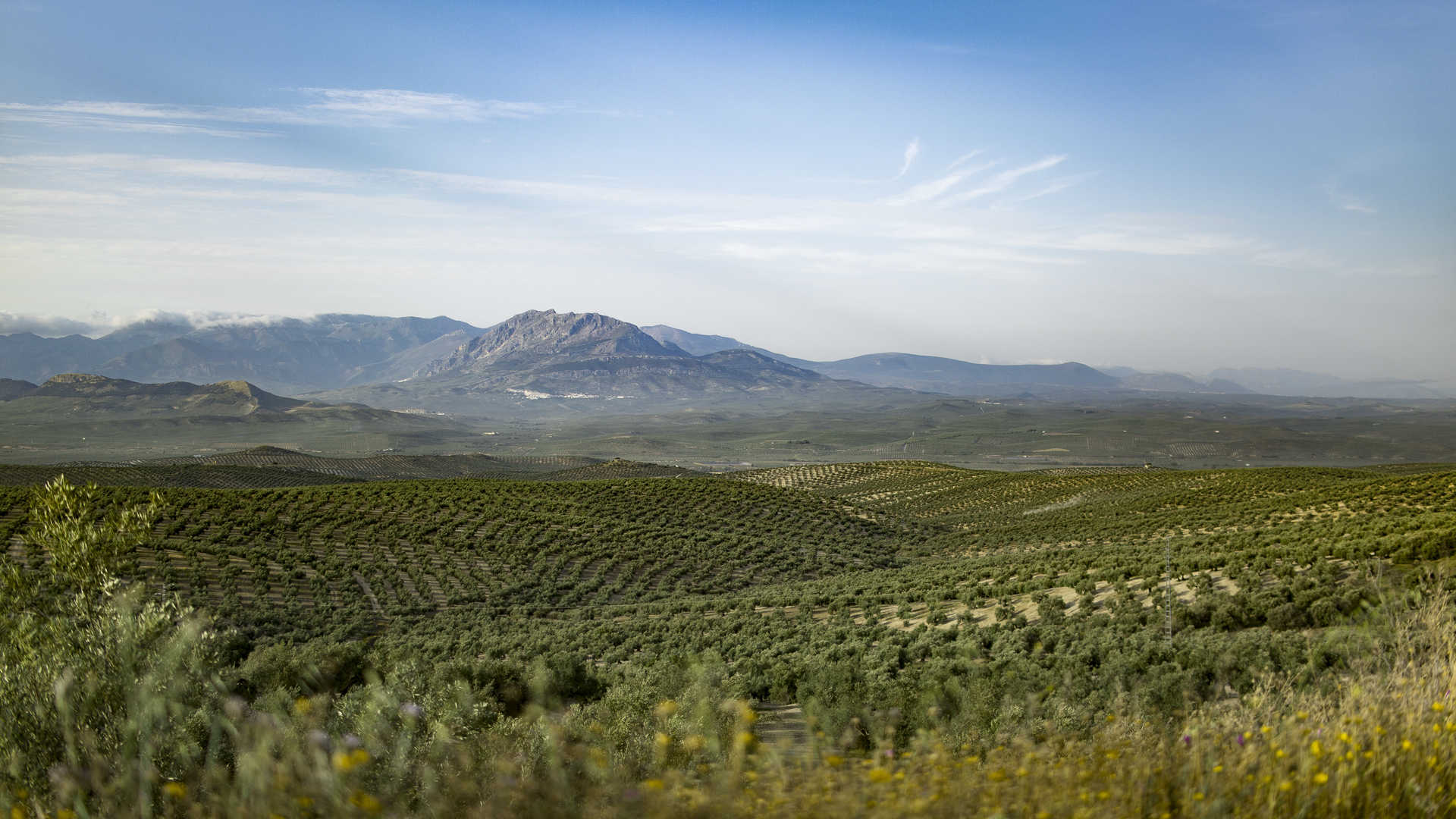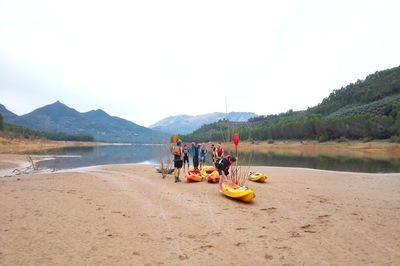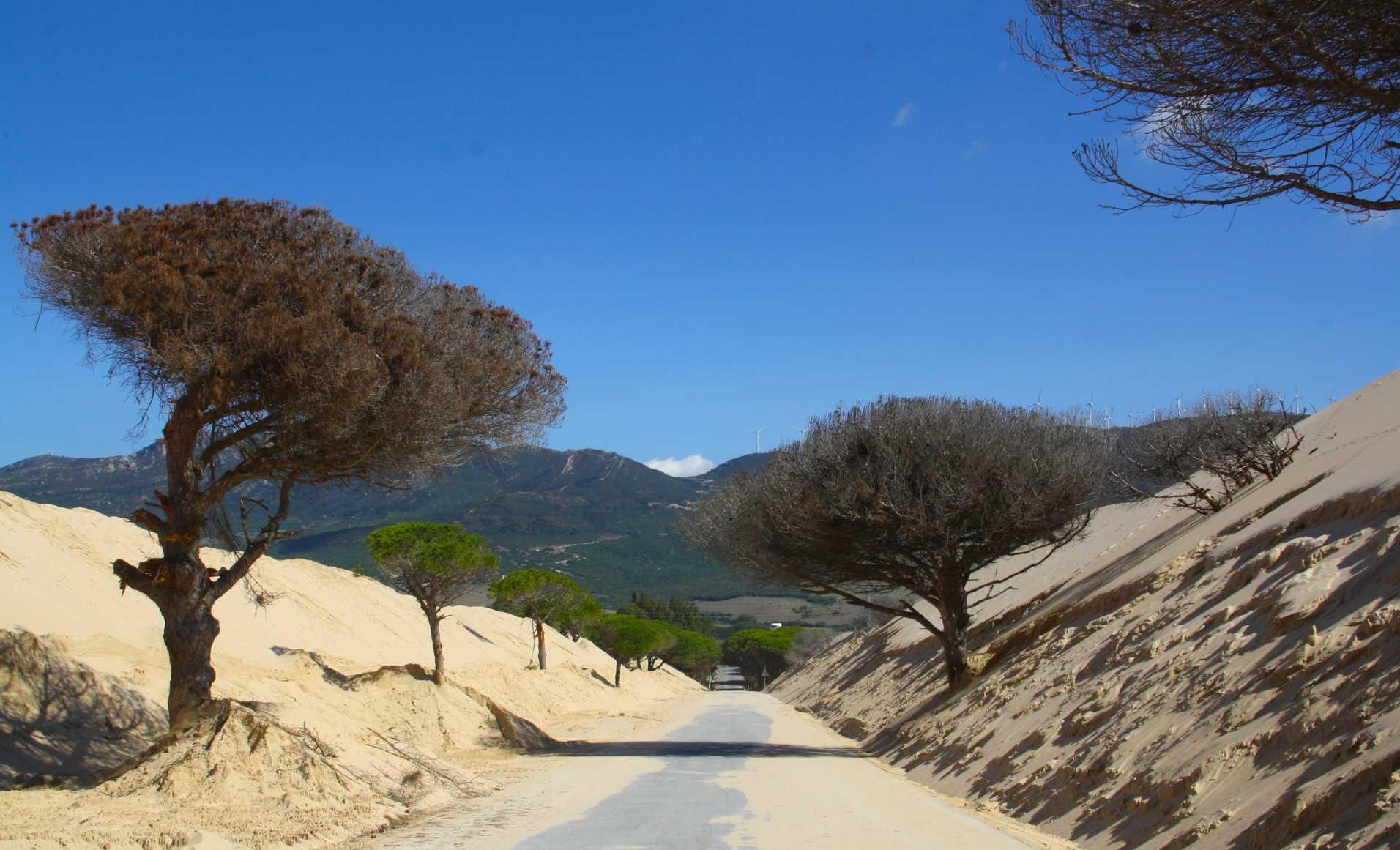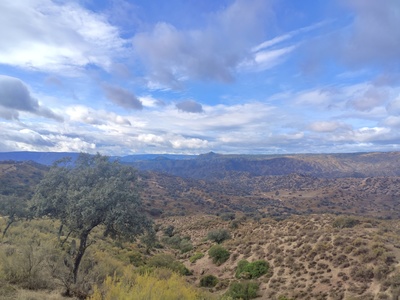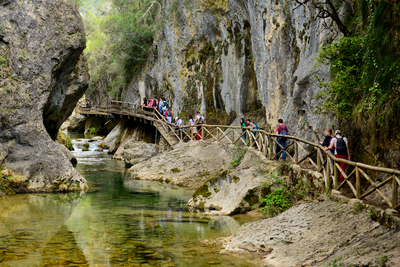Why is a visit to Andalusia good for your health?

Discover the advantages of a diet which is rich in olive oil and learn about the history of Jaén, the largest olive oil producing area in the world.
Visit the cradle of olive oil, the key to the Mediterranean diet.
Andalusia is the land of good food, everyone knows that. And the Mediterranean diet, with olive oil as one of its greatest banners, is recognised as being especially healthy. So are you aware of all the benefits of olive oil? Carry on reading so as not to miss out on anything that can be gained from this golden elixir.
Its fatty acid composition and antioxidant properties make olive oil essential in the fight against cardiovascular diseases and their prevention. It also helps to control diabetes, obesity and to reduce the level of LDL cholesterol (popularly known as "bad cholesterol”)
But it's not only about health. Olive oil also plays a leading role in Andalusian culture. So much so that it has completely transformed the landscape.

In all its senses: History and gastronomy in Úbeda and Baeza.
Observing the "sea of olive trees” from the lookout points is a real visual pleasure. A silver cloak spread over the hillsides which is so much more spectacular in the province of Jaén. And specifically in the city of Úbeda, with the Sierra de Cazorla in the background; and in Baeza, with the Sierra Mágina smiling on the horizon.
Meanwhile, Jaén is the province with highest production of olive oil. A clear sign of this is the existence of restaurants specialising in the use of olive oil, like El Antique, located in the centre of Úbeda.
One of the attractions of this restaurant is olive oil tasting. Dipping your bread into it and appreciating the differences in colour, aroma and flavour is an unforgettable experience. The menu includes dishes like white asparagus from the Sierra Mágina in "salmorejo" (thick gazpacho made with bread) with pickled quail, organic tomatoes with extra virgin olive oil and volcanic salt, fillet of Barbate red tuna with baked tomato and wakame seaweed "salmorejo", and something unusual like a mini gin & tonic (with Jaén Gin) with perfumed oil of apple, mandarin and cardamom.
A obligatory stroll to walk off your meal.
Explore the historic centre of Úbeda, recognised as a World Heritage Site. An old town which includes several architectural styles, with Renaissance the most important. The Plaza Vázquez-Molina, the Santa María Basilica and the Palacio de las Cadenas are just a few of the many monuments to be visited in the city.
To complete your cultural visit, ten kilometres away you'll find Baeza, another destination highly considered for its historical heritage. Here you'll find the imposing Cathedral of La Natividad, built over the old mosque; and the Jabalquinto Palace. Both monuments are representative of the city.

For more surprises: Try olive oil tasting in Terra Oleum.
If you want to learn all about this area and the olive oil culture, you shouldn't miss out on a visit to Terra Oleum, the Active Museum for Olive Oil and Sustainability.
At the entrance to the enclosure there is a small grove of age-old olive trees. The facilities include a museum with interactive activities to enjoy with your family and there is also the possibility of taking part in olive oil tasting. However, this time without bread, only slices of apple to neutralise the flavour of the oils between each tasting. What is important here is to smell, moisten your lips and to learn to distinguish the subtle differences between each oil.








